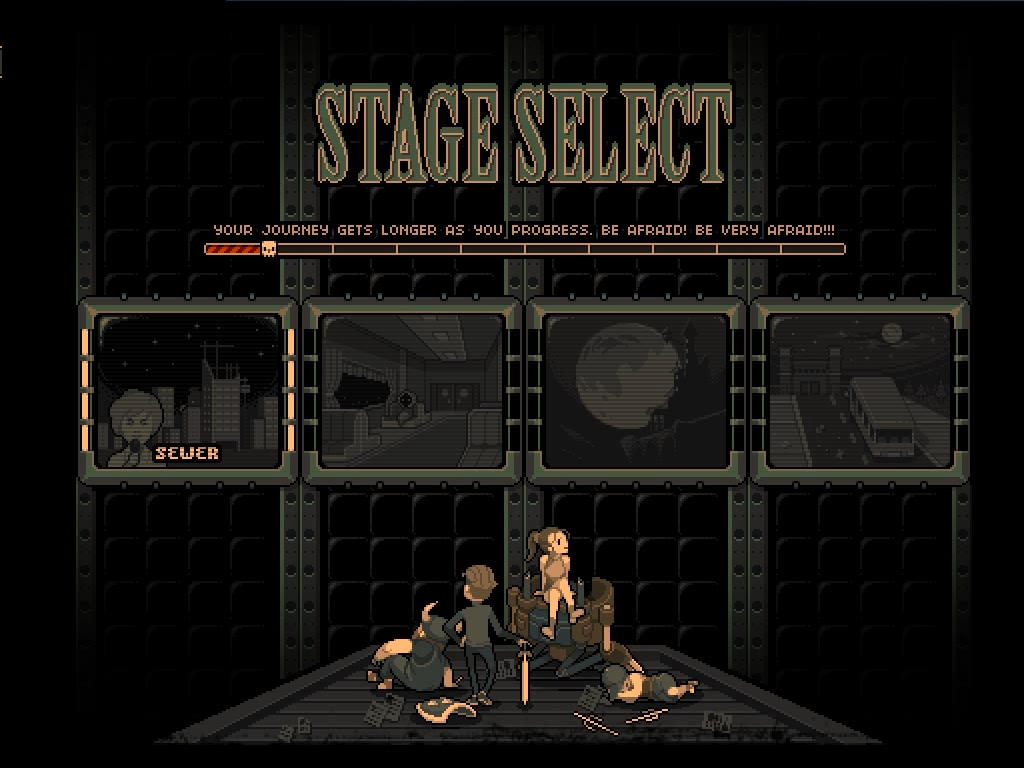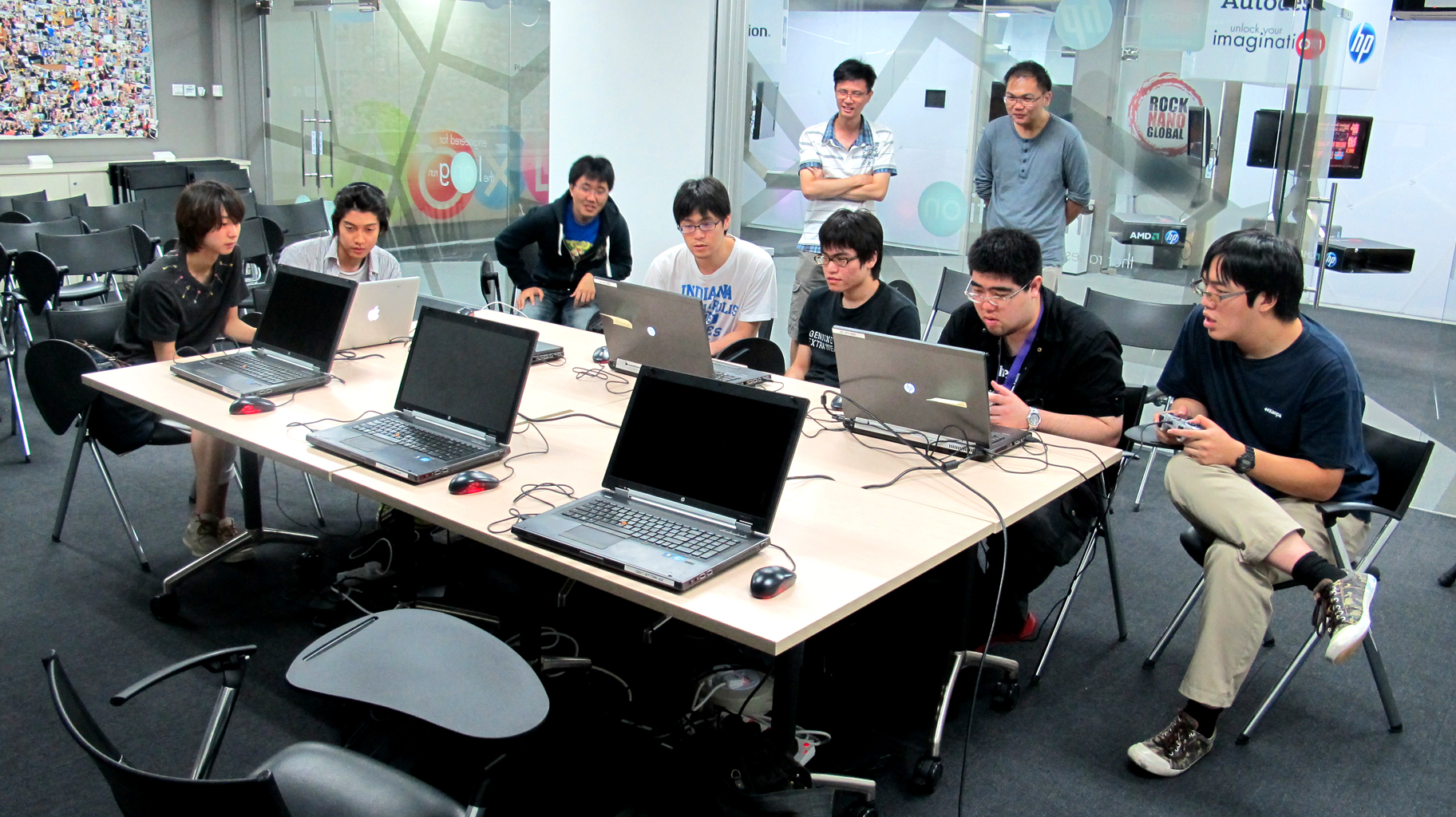
Problem 2: Different Expectation
Another thing we realized was that people's expectation of the game was different based on the number of players in the game. In single player mode, people were okay with dying and retrying. They would take a different path, or try out a different character altogether and learn which one works best for them. A tough boss fight was a fun challenge. It made them more determined to perform.
On the other hand, when you have multiplayer mode, everyone is hyped up in the company of their friends. Everything is funnier to them, they're more easily excited, but they also get bored so much faster. When they die, they're less likely to take a different route, and they are more inclined to stick with the same character. So in the end, we set the game to have what we call a “dynamic difficulty.” This doesn't mean the game gets harder with more players, but more of the fact that we provide a different difficulty curve based on the number of players.
In a single player game, we make the game a little harder. We imagine the scenario that the player has just bought the game. It is fresh and he's ready to take a good look at it. Since he's playing it alone, he's tends to move around more carefully to learn and explore. He's more willing to accept the difficulty, dying and retrying every 15 minutes, and not making big progress for a while.
But in a local multiplayer game, players gather his friends that finally found the time to hang out. They're chatting, laughing, drinking and, in short, they are less likely to take the game too seriously. So we set the game to be easier so they can have a good time.
Problem 3: Playtesting
The last problem is actually the most practical one. Like any indies, we usually spend a lot of the time playtesting our own game, or, as and when necessary, we get families and friends to try them, too.
In a multiplayer game, that's so much harder. Within the team, if we were to play test the multiplayer mode, everyone has to stop working to play the game so things get interrupted. Getting your friends to play was fine for a while, but eventually, people got bored or busy. It’s also really hard for a bunch of working adults to come in at the same time.
We were very lucky, though, as our office is actually based in the Games Solution Center (GSC), an incubation studio founded by the Media Development Authority(MDA) of Singapore and managed by Nanyang Polytechnic (NYP). On top of that, we're only 15 minutes away from Singapore Polytechnic and Digipen of Singapore.
Digipen, of course, is very games focused, but both NYP and SP also feature games development diploma courses. We took turns and arranged with the different schools to host a playtesting session every once in a while. In return, we spent a bit of time talking to the students and answered some questions they had about the industry, or just games development in general. I'd like to think that it benefited both side, as the students get to learn about actual development, and we get to play test our game.
